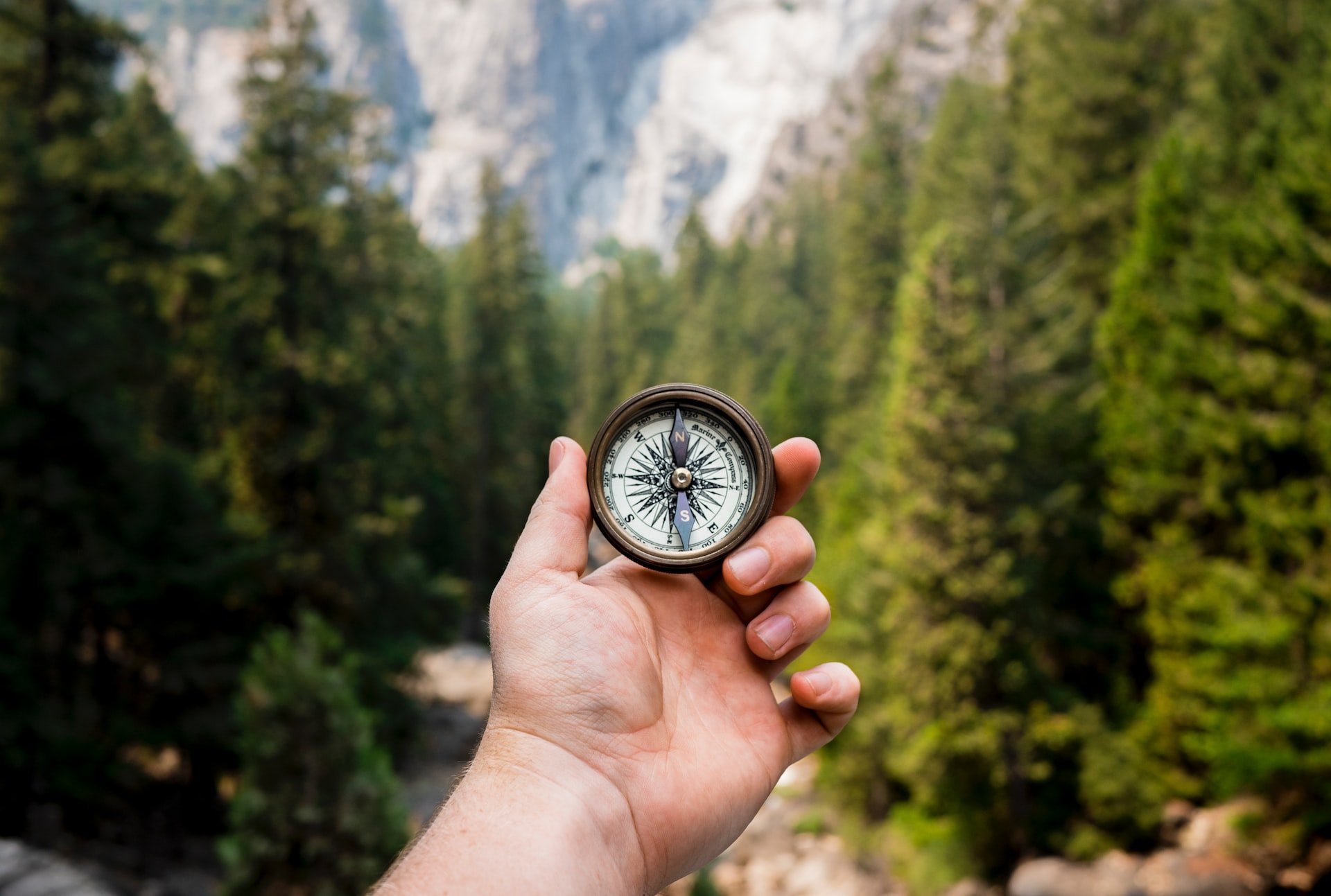The latest episode in our Resilience Unravelled series has now been released, Resilience Unravelled - The body, mind and PTSD.
Laura Khoudari is a trauma practitioner, certified personal trainer, and corrective exercise specialist whose work grew out of her own experience healing from trauma. She is based in New York and works with her clients to turn movement practices into healing practices so most of her work is done in the gym.
During the winter of 2014-2015 Laura designed a holistic program to support her own treatment for PTSD that combined talk therapy, mindfulness, bodywork, and strength training. As she put together a program for herself, she realised that practitioners who worked with the body (doctors, massage therapists, meditation teachers, and physical therapists) often did not fully understand how trauma impacted their clients.
Frustrated that there weren’t more people in the fitness space who were equipped to help clients living with trauma, she decided to become the trauma informed personal trainer and coach she wished she had had. Her holistic programs draw from body-based trauma healing modalities, neuropsychological models, psychodynamic theory, mindfulness practices, and exercise science.
Laura feels that when people think of trauma they link it to medical trauma or emotional trauma and ask why they are working with her in the gym. Trauma can mean many different things but Laura thinks it is unprocessed nervous system energy that is left in the body after you’ve gone through something overwhelming or had to deal with something to fast so your body didn't get the chance to process it.
People generally come to Laura in two different ways. The first group are people who have a trauma history and want to bring movement back in their life but are having a hard time doing it – people who are suffering from things like PTSD or CPTSD and can’t get back to the activity they used to do or their doctor wants them to do. Others are currently in treatment for trauma and are working with a therapist and want to build skills they can use in therapy to process trauma.
Laura feels when you are in therapy you need to be in touch with your body. In therapy you are talking about your thoughts and, to process your emotions and experiences, it is useful to be able to stay with sensations and what happens in our body we are doing this. This means it has a lot more meaning rather than just talking about what’s going on in your head.
Laura’s clients do not have to tell her their trauma story. She feels there is a lot of pressure for people to prove that they need help and to put their story out there through social media. Her clients have suffered a wide variety of trauma including addiction, eating disorders, chronic fatigue syndrome, sexual assault, and abusive relationships. Laura has had her own trauma experience and her own fitness story. As a child she didn’t like sport or gym but when she was 20 she suffered a back problem. Her doctor recommended physical therapy and strength training but it wasn't until she was 27 she decided to commit fully to strength training. Over time she started to love the gym and the fact she wasn’t in pain any more so in her mid 30s she took up the sport of Olympic weightlifting. Outside of the gym she experienced an acute trauma and suffered from PTSD. Her relationship with the gym changed then and it went from being fun to training ten times a week. She got injured because she wasn't resting enough and when she came back after a number of months of physical therapy and strength training she realised what she had been doing was a problem and not the culture she wanted.
She found it difficult to find a trainer who understood that trauma overwhelmed her ability to go to the gym so she figured out how to do it herself. She decided she wanted train people who liked her loved the gym and found it empowering but understood the impact on physiology and the nervous system and work together to get you back to where you were in a slower, structured way.
You can listen to the podcast in full and find out further information about Laura here. Our previous podcast episodes, upcoming guest list and previous blogs are also available.
You can get in touch with Laura through her website laurakhoudari.com where she writes a regular newsletter and shares resources. Laura is also the author of Lifting Heavy Things: Healing Trauma One Rep at a Time






